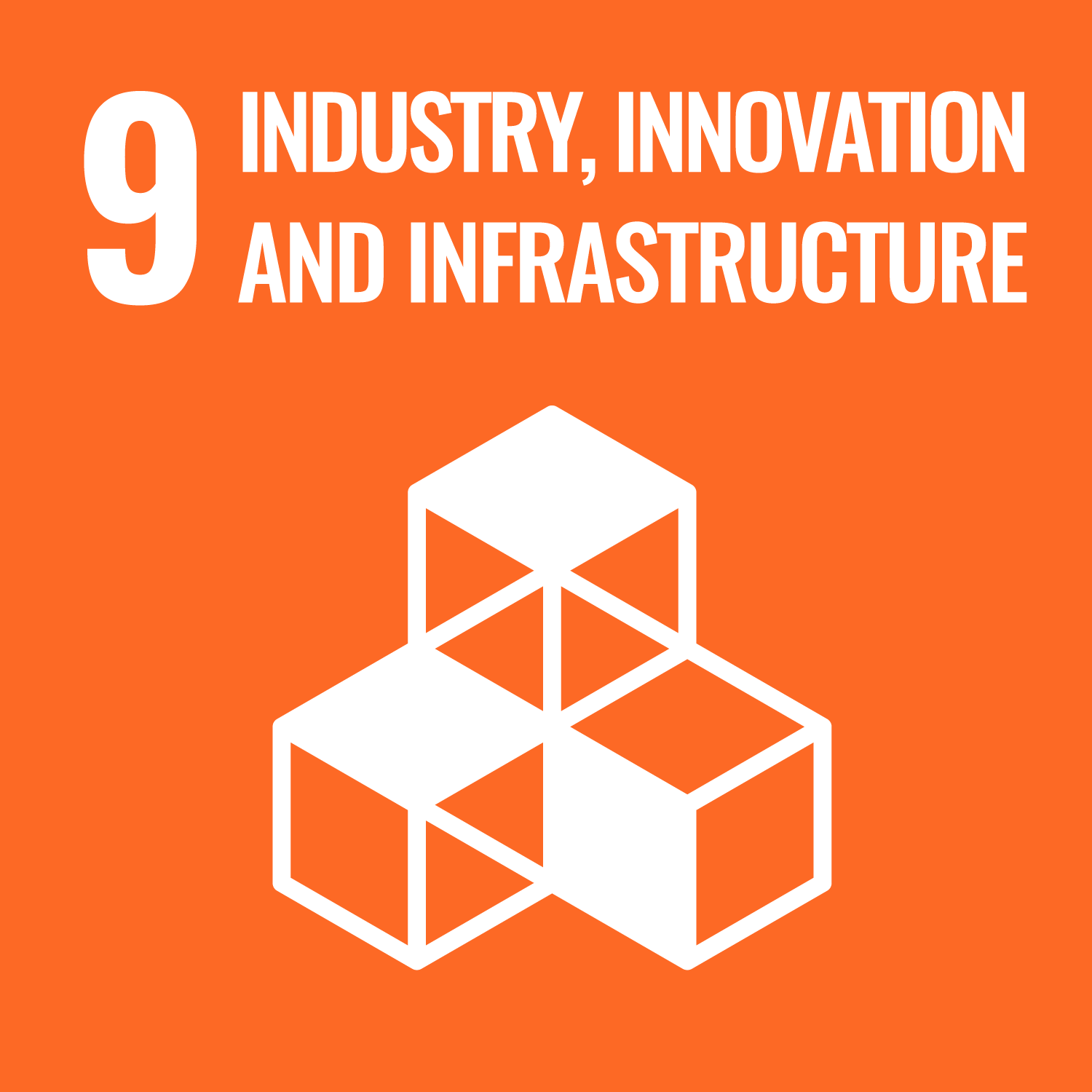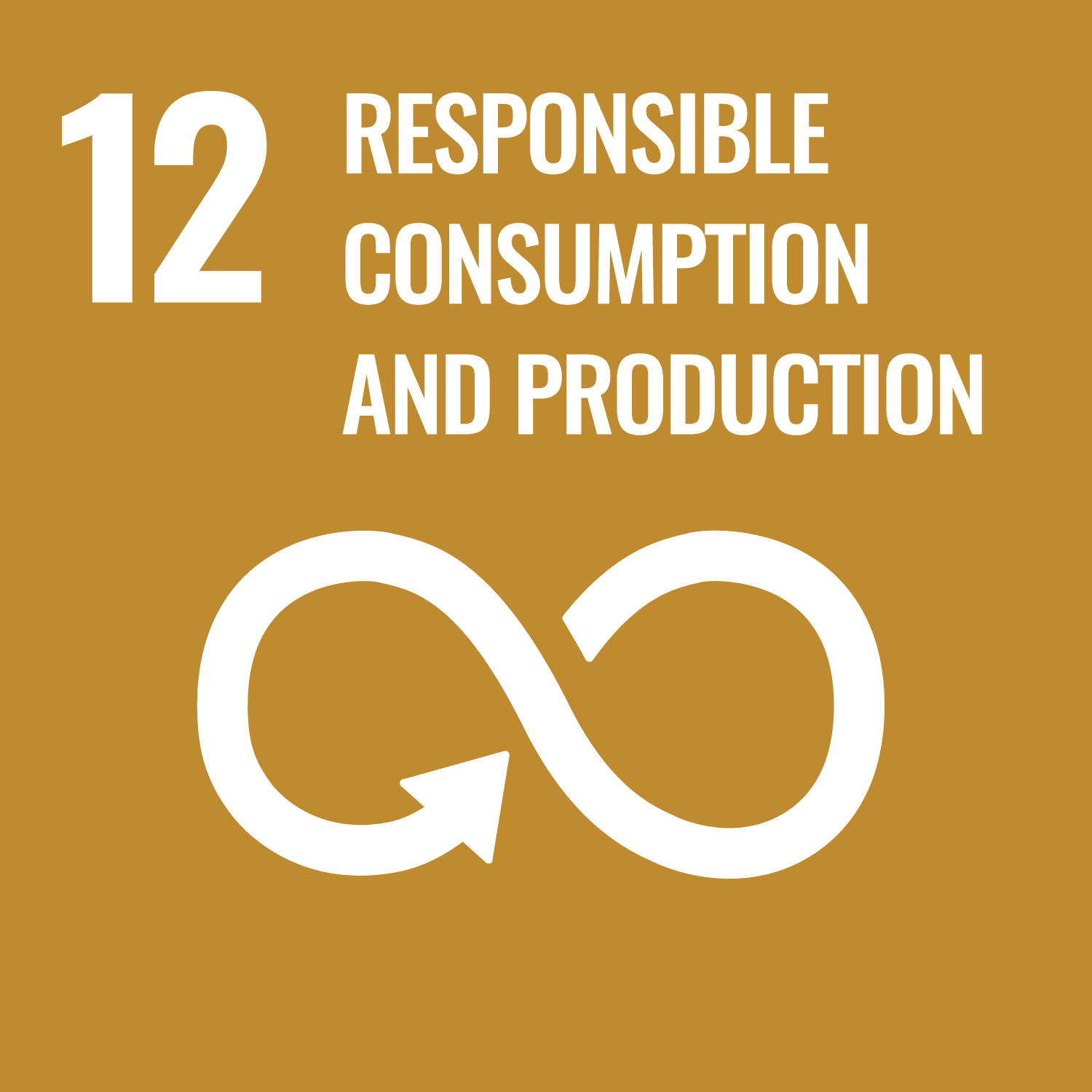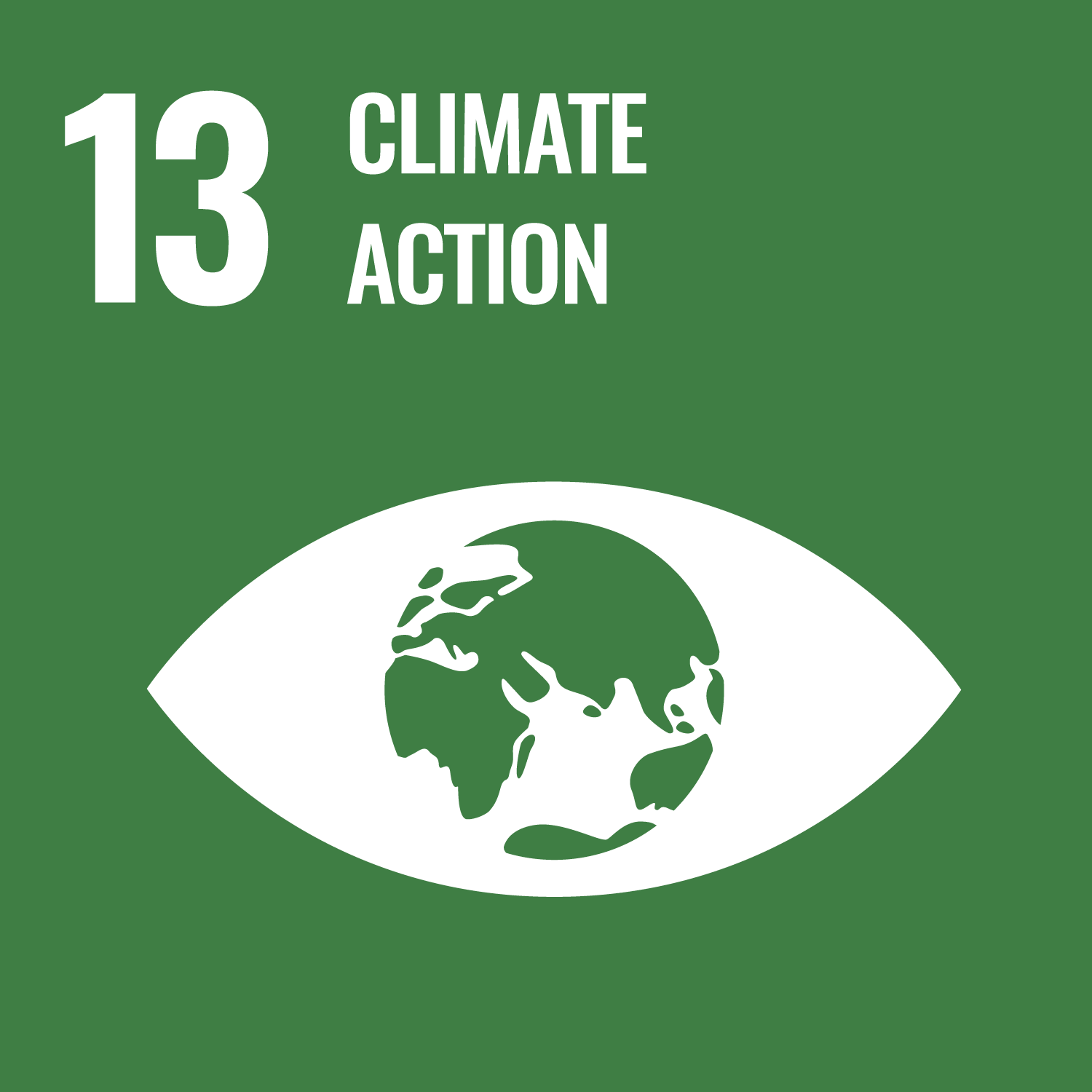Sustainability
What are the SDGs?
The Sustainable Development Goals (SDGs), also known as the Global Goals, were adopted by the United Nations in 2015 as a universal call to action to end poverty,
protect the planet, and ensure that by 2030 all people enjoy peace and prosperity.
The 17 SDGs are integrated—they recognize that action in one area will affect outcomes in others, and that development must balance social, economic and environmental sustainability.
References: United Nations Development Programs (UNDP)
https://www.undp.org/sustainable-development-goals

Our activities for SDGs
We obtained ISO 14001 at the early days of ISO management system for the sake of our social responsibility.
Ever since we have been in efforts to save the electricity, water and paper consumption, and to reduce the wastes as much as possible at our workplace and home in our daily life.
It was 2015 when SDGs were officially adopted by UN members, we recognized that some of the SDGs and our ISO activities have some aspects in common and then linked these activities together in our business.
Furthermore, Sakai city, Osaka was appointed to be one of the SDGs leading cities by the Japanese government. As a company located in Sakai city,
this appointment drove us to commit ourselves to SDGs.
In order to contribute them, we began to focus on developing and producing more sustainable materials, based on our technical know-how and experience from our plastic materials compounds.





Sustainable materials
Our R grades (Recycled PC) and RS grades (Recycled PPS) are certified as “Eco Leaf declaration” and “CFP declaration” (Carbon Footprint of Products) by Sumpo (Sustainable Management Promotion Organization).
The CFP declaration illustrates the total amount of CO2 to be emitted in the whole process of our operation from raw material procurement to product delivery - 0.37 kg-CO2eq.
This is much lower than the amount to be emitted in ordinary raw material productions.
The Eco-Leaf declaration illustrates the quantitative environmental information on our products' life cycle impact assessed by LCA (life cycle assessment) methodology.
Nowadays the manufacturers are being required for responsible production and consumption reduce environmental impacts.
These declarations are beneficial to manufactures who need the visualization/transparency of
environmental impacts on their products/components in their production or product design to fulfil individual social responsibilities.
Documents (Download)
-
Recycled polycarbonate
- ・Eco Leaf
- ・Carbon Footprint of Products
-
Recycled PPS
- ・Eco Leaf
- ・Carbon Footprint of Products

